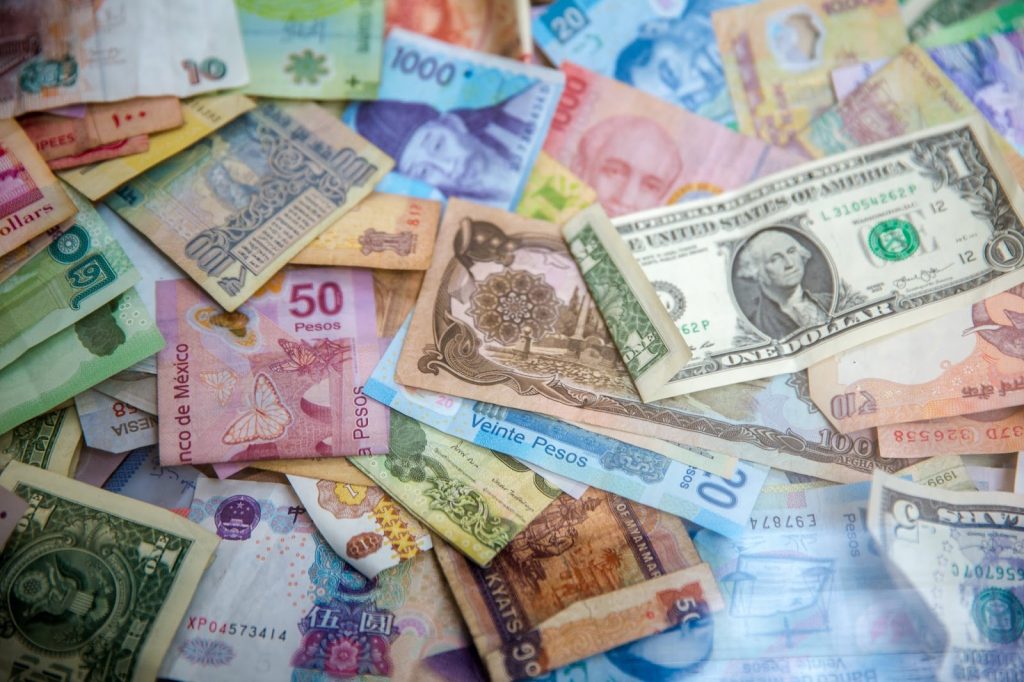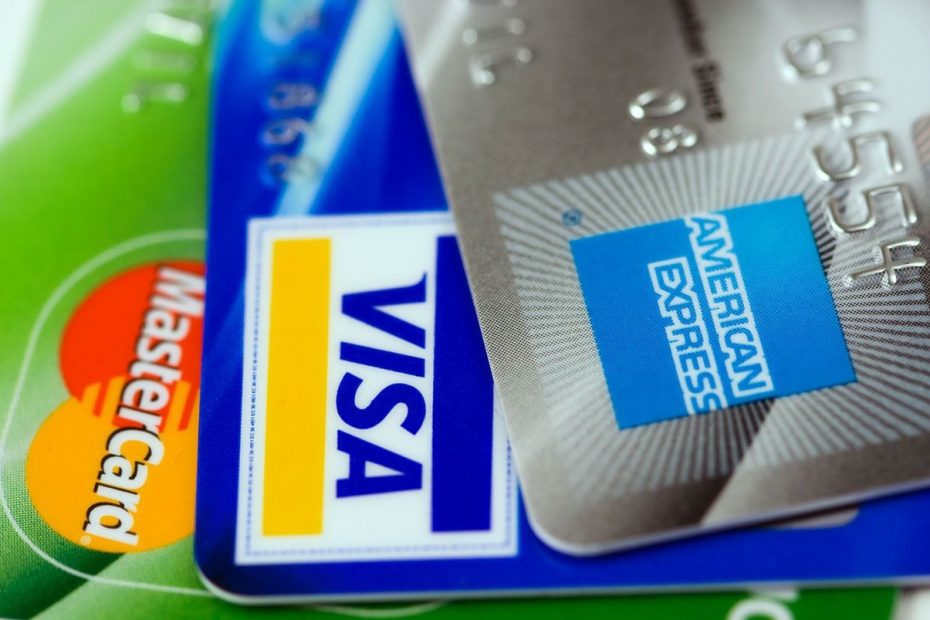What is an International Payment Gateway?
When a business is just getting started accepting payments internationally, it can be difficult to know exactly what is needed to safely, securely, and legally accept payments from customers in different countries.
If the business has been accepting payments by credit and debit card domestically, then they know about a payment gateway. When accepting payments internationally, an international payment gateway is required.
An international payment gateway is a financial service that allows businesses to securely process online transactions from customers located in different countries. It acts as a mediator between the merchant’s website and the customer’s bank, requesting the funds from the customer’s bank in a safe way that protects sensitive information.
International payment gateways have the ability to support multiple currencies and can process payments in different countries. They typically use encryption and other security measures to protect the sensitive information transmitted during a transaction, such as credit card numbers, personal identification numbers, and passwords.
Merchants use international payment gateways to expand their customer base beyond their local market and reach customers globally. By accepting payments in different currencies, they can sell their products and services to customers from different parts of the world and increase their revenue.
How Does an International Payment Gateway Work?
An international payment gateway is an online payment processing system that enables businesses to accept payments from customers around the world. It facilitates the transfer of funds between the buyer and seller, allowing transactions to take place securely and efficiently.
Here’s how an international payment gateway works:
- The customer initiates a transaction by entering their payment details on the merchant’s website. This could include their name, address, and credit card information.
- The payment gateway then encrypts the customer’s payment information and sends it to the payment processor, which verifies the transaction details with the customer’s bank.
- If the transaction is approved, the payment processor sends a confirmation message to the payment gateway, which then sends the funds to the merchant’s bank account.
- The merchant can then access the funds and process the order.
- In some cases, the payment gateway may also provide fraud prevention tools, such as address verification and card authentication, to help protect both the merchant and the customer from fraudulent activity.
- The payment gateway may charge a fee for its services, which is typically a percentage of the transaction amount or a flat fee per transaction.
- Finally, the merchant may need to transfer the funds from their bank account to their local currency, which may involve additional fees and exchange rates.

Difference Between International Payment Gateway and Domestic Payment Gateway
When a business is just starting out in international business, it is easy to believe that any payment gateway will allow them to accept payments internationally. However, this isn’t the case and there are actually several differences between an international payment gateway and a domestic one.
Geographic Coverage
International payment gateways enable merchants to accept payments from customers located in different countries, while domestic payment gateways process payments only within the merchant’s country.
This means that if a business has a domestic payment gateway, they do not have the ability to accept payments from other countries and other currencies that are different from their own. In order to accept international payments, an international payment gateway is required.
Currencies Accepted
International payment gateways support multiple currencies, allowing merchants to receive payments in different currencies, whereas domestic payment gateways support only the business’s local currency.
Payment Methods Accepted
International payment gateways support a wider range of payment methods such as credit/debit cards, e-wallets, bank transfers, and even cash payments in some cases, while domestic payment gateways usually support only a few payment methods that are popular within the country.
Compliance Requirements
International payment gateways have to comply with different legal and regulatory requirements in different countries, which can be complex and time-consuming. It is important to make sure the business follows all requirements in each different country.
Domestic payment gateways only have to comply with regulations specific to their own country. This is less time consuming and much easier to keep up with than what international payment gateways have to follow.
Security Standards
International payment gateways typically have higher security standards to comply with due to the risks associated with international transactions, including fraud and currency fluctuations, while domestic payment gateways have to meet security standards set by the local authorities.
Fees
International payment gateways often charge higher fees for processing international transactions, due to currency conversion and compliance costs, while domestic payment gateways may charge lower fees for processing local transactions.
Why a Business Might Need an International Payment Gateway
When it comes to doing business in different countries, it can be tricky at first to figure out exactly what is expected. However, it is crucial to remember that any business operating outside of their home country needs an international payment gateway to process payments safely and securely.
In addition to safely and securely accepting payments, some other reasons a business might need an international payment gateway include:
- Access to new markets. By having an international payment gateway, a business can expand its reach to customers in other countries. This can help to increase sales and revenue by tapping into new markets
- Competitive advantage. Offering international payment options can give a business a competitive advantage over its competitors who only accept local payments. This can help to attract customers who prefer the convenience of making payments in their own currency and using their preferred payment methods
- Increased sales. International payment gateways can help to increase sales by making it easier for customers to make purchases from overseas. This is especially important for businesses that sell products or services online
- Currency conversion. An international payment gateway can automatically convert currencies, which can save businesses money on currency exchange fees and keeps customers from having to pay exchange rates.

Choosing an International Payment Gateway
Choosing the right international payment gateway is critical for any business that wants to expand its online sales globally. An international payment gateway is a secure and reliable way to process payments made by customers located in different countries.
When looking for a payment gateway, it’s important to keep in mind some important factors. Consider the needs of the business, then take a look at each of these features to determine which international payment gateway is best.
Supported Currencies
Make sure that the international payment gateway supports the currencies that customers use. The more currencies that the payment gateway supports, the easier it will be for you to process payments from customers in different countries.
Transaction Fees
Payment gateway providers usually charge a fee for each transaction processed. Compare fees from different payment gateway providers and choose one that offers competitive rates. Don’t just choose the payment gateway with the lowest fees, as there may be hidden costs or other factors that could end up costing the business more in the long run.
Payment Methods Accepted
The chosen international payment gateway should support a wide variety of payment methods, including credit cards, debit cards, and alternative payment methods that are popular in different countries. This makes it easier for customers to pay with confidence and have the convenience to use their preferred payment method.
Integration
International payment gateways should be easy to integrate to the business’s existing website and store. Before making a decision, make sure the payment gateway is compatible with what the business already has to avoid having to spend more money.
Level of Security
Make sure the business finds a payment gateway that is PCI compliant and has strong security measures in place to protect customer data and prevent fraud. The payment gateway chosen should have secure encryption methods and regular updates to keep up with the latest security standards.
Benefits of Using an International Payment Gateway
Understanding the benefits of a business tool can help make the decision even easier when it comes to deciding if it is right for a business or not. Some of the best benefits of using an international payment gateway include:
- Increased global reach. With an international payment gateway, businesses can accept payments from customers around the world. This makes it easy for a business to expand their customer base and reach new markets
- Convenience. International payment gateways make it easy for customers to make payments online, regardless of their location. They offer a seamless payment experience that can help boost customer satisfaction and loyalty
- Faster payment processing. International payment gateways can facilitate faster payment processing, allowing businesses to receive funds more quickly than with traditional payment methods
- Cost-effectiveness. International payment gateways often offer competitive rates and fees, making them a cost-effective option for businesses of all sizes
- Multi-currency support. International payment gateways can support multiple currencies, allowing businesses to accept payments in any currency and avoid exchange fees
- Improved security. International payment gateways often have advanced security features in place to protect against fraud and unauthorized transactions. This can give the business and their customers peace of mind when making and receiving payments online.

Need an International Payment Gateway? Get Started with Bankful Today!
If you think an international payment gateway is right for you and your business, head over to Bankful and get started today!

